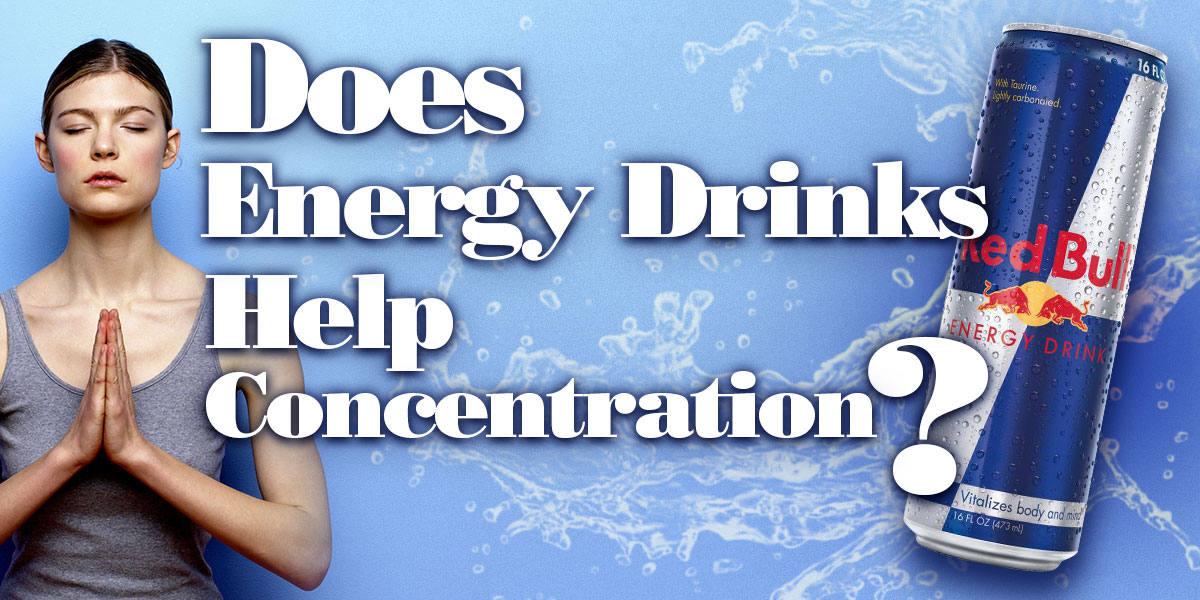It’s not hard to find people using energy drinks in our day-to-day lives. They’re in our schools, in our workplaces, and walking down the street with a can held firmly in their hands. Everyone consumes these beverages for different reasons, but most do so looking for a little help concentrating so that they can be more efficient throughout their day.
But do energy drinks help you to focus? Currently, there is no concrete answer: though numerous studies have been done with energy drinks specifically and many of their common ingredients specifically in search of an answer to this question, it’s difficult to draw conclusive results. That’s because many factors can impact any effects a drink might have on you, including its size, your weight, and what ingredients make up the drink itself.
In trying to understand how energy drinks can influence your concentration, it’s useful to look at the components of the drink itself and study their effects individually. Thankfully, most major brands you’re likely to see have several core ingredients in common where most of the energy “boost” is derived from. We’ll look at those pieces first. They are, not surprisingly, sugar and caffeine.
But What Are Energy Drinks?
Of course, using sugar and caffeine to define energy drinks is a mistake. Both are commonly found in natural and processed foods and drinks. No one thinks of soda or green tea, for example, as being energy drinks, nor are they claimed to be (most of the time, at least).
For what we’ll be looking at, we need to consider how a drink is marketed. The term “energy drink” is the most frequently used descriptor found on cans and cases, but other phrases like “study aid” and “performance drink” have been used for the same purpose. To make things easier, actually read the copy on the packaging and look out for any of the following boasts:
- Increases energy
- Boosts alertness
- Sharpens focus
- Enhances brain activity
And other similarly worded statements. If they’re present, we’ll consider it an energy drink for our purposes.
A Closer Look At Caffeine
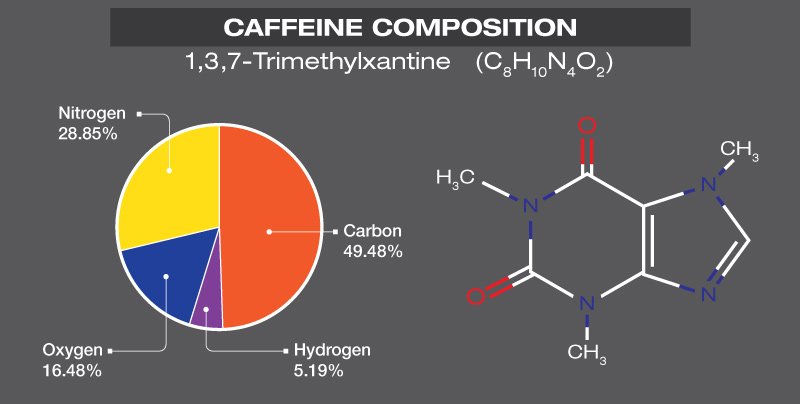
The most frequently used natural stimulant in the world is our dear friend caffeine. It’s most famously in coffees and colas but can occur in (or be added to) most things. Because of its association with coffee, it has a reputation for being a pick-me-up, especially in those lingering moments of sleep we experience shortly after waking up.
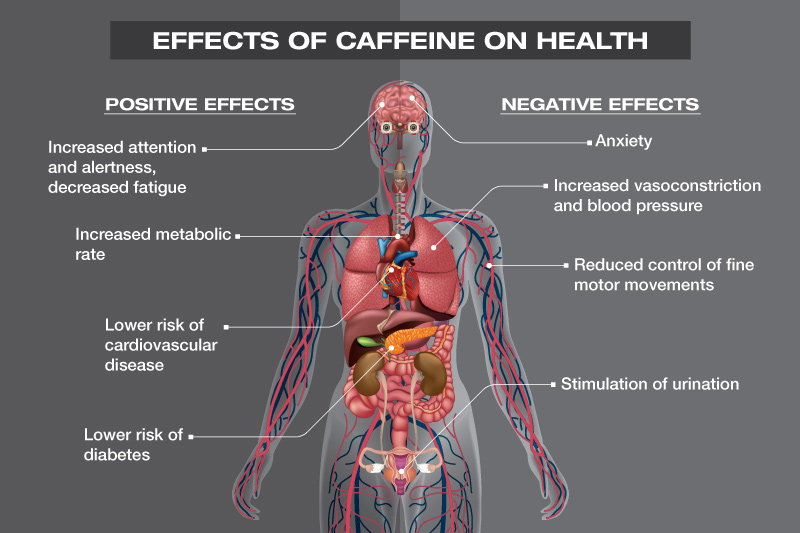
But there’s more to caffeine than simply waking you up. As a stimulant, it also accelerates heart rate, boosts blood pressure (as well as blood sugar), triggers stomach cramps and headaches (more so in those with sensitivity than those without), and can spike body temperature. The upside of all that potential unpleasantness is that it can also greatly increase your alertness, so in that sense, it may support the claims made by energy drink manufacturers.
Unfortunately, specifics you might be concerned with, like the lengths of these effects on your body, can’t be easily measured. While caffeine can influence your system for hours after you’ve consumed it, they’ll fade at different rates for different people, and some effects may linger longer. In other words, your heart may race longer than your brain stays focused.
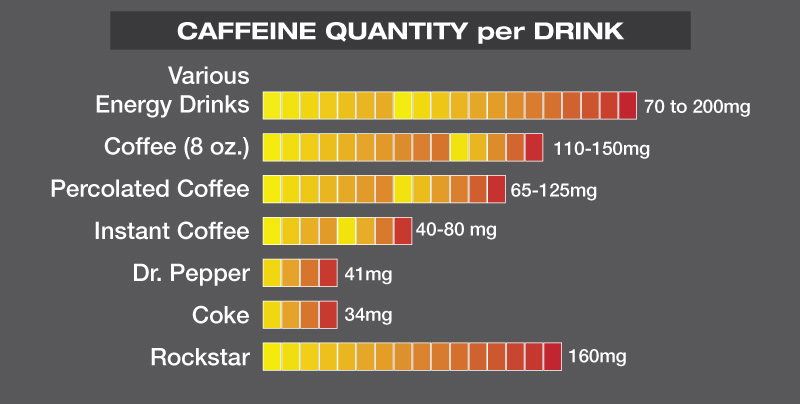
It’s hard to determine how much caffeine can be found in the average energy drink because reporting such things isn’t mandatory. Some brands will include the amount in the nutrition label, but others do not. Even if the amount in a single serving isn’t high, what can be potentially harmful is the addictive nature of caffeine. Over time your body may develop a dependency on it, weakening the benefits of caffeine and requiring you to consume more of it to reach the same levels you once did.
Links between caffeine and hyperactivity have been shown, and in these cases, it’s incredibly difficult for the user to concentrate on anything. This should raise a red flag as far as possible benefits from energy drinks are concerned.
A Closer Look At Sugar
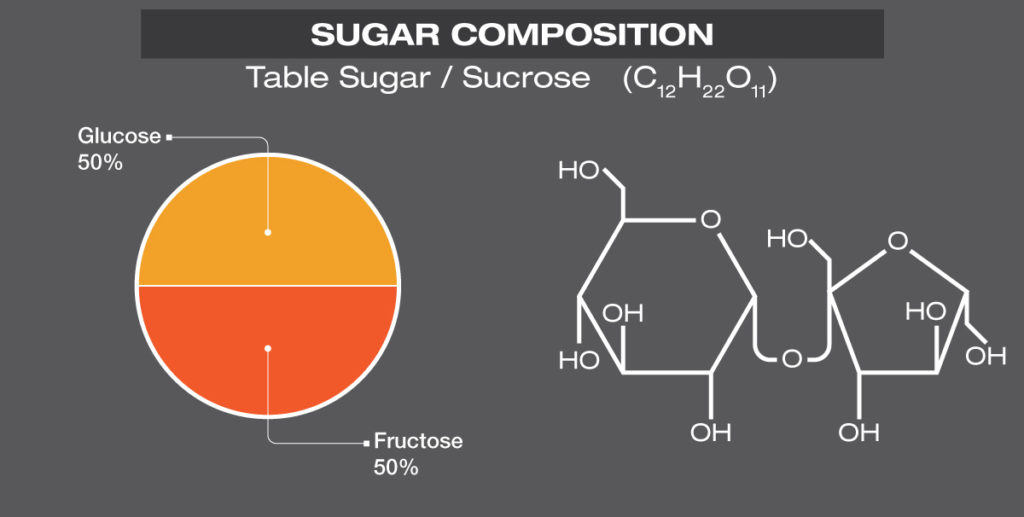
Most people know more about sugar than they do caffeine and are aware that the majority of us consume far too much of it. The recommended amount is no more than twenty-five to thirty-eight grams daily. The problem, though, is that manufacturers can add a large amount to their drinks without it seeming like much to consumers. Too much sugar has side effects similar to that of caffeine use.
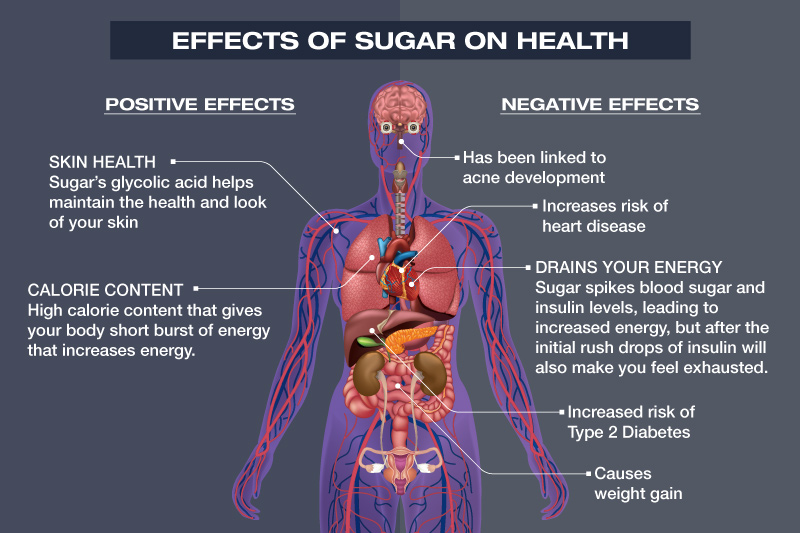
Besides sweetening the flavor, sugar serves to give a quick boost in energy drinks. Unlike caffeine, sugar delivers a quick shot of energy without helping things in the concentration department. Sugar too can be addictive and has been linked to hyperactivity.
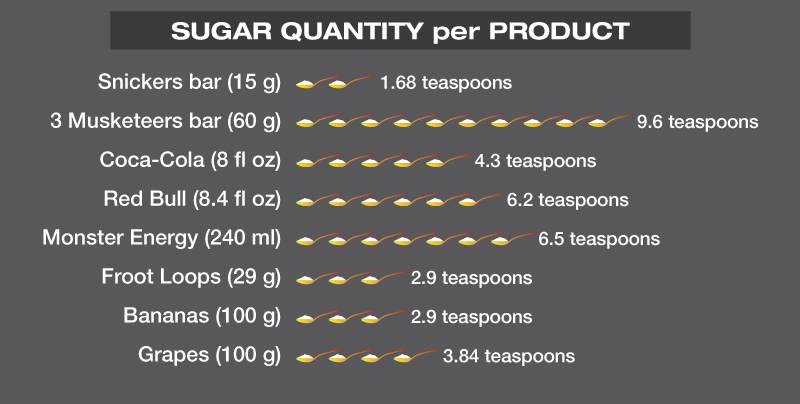
Though caffeine and sugar are the keys to leading brands of energy drinks, alternatives are sold that reduce the amount of either (or sometimes both) to make them more appealing to a more health-conscious crowd. Whether or not that has a significant effect on a drink’s benefits may depend on additional additives, but that can be hard to assess (see below).
Loads and Loads of Herbs
For all it does to protect consumers, the Food and Drug Administration is lax in investigating and regulating claims made about supplements and herbs. Energy drinks include a wide variety of supplements to increase positive effects, but these claims rarely get proven and, without the FDA stepping in to challenge them, go unchecked. While health claims should always be met with healthy skepticism, anything tied to herbs—like increased brain activity—requires scrutiny if you’re going to take it seriously.
One supplement that finds its way into many popular energy drinks is guarana. It contains more naturally-occurring caffeine than any other plant in the world, and because of this gets saddled with many benefits based on myths and misunderstandings about how caffeine itself interacts with the body. This includes higher concentration, better memory retention, higher levels of brain activity, and more. Though it’s popular as a stimulant, other benefits remain unsubstantiated.
Healthy or “Diet” Energy Drinks
Not unlike soft drinks, some energy drinks are sold as health-conscious products. They’ll alter their ingredients, such as the amount of sugar in the drink or by substituting certain stimulants for others, to appeal to health-conscious buyers. How healthy this makes drinks overall can be debated, but ultimately will make little to no difference as a concentration aid.
So Do Energy Drinks Help?
In terms of improving focus, energy drinks are not effective. The shot of energy they give you is derived from stimulants, usually caffeine, which has never been proven to have a positive effect on concentration. The opposite may very well be true: given what it does to your central nervous system, it can make it harder to focus.
While the energy boost can get you moving and alert, that doesn’t necessarily translate to tightened concentration at all. The side-effects of caffeine consumption listed above (alongside others not listed here) can easily cause physical discomfort, pulling your attention away from whatever you’re trying to focus on.
The sugar content of these drinks can contribute to such problems as well as weight-related issues, compounding complications that can arise from dependency.
With all of these very serious risks involved, how did energy drinks become associated with an enhanced concentration in the first place? It’s two things. First, there’s a (somewhat) understandable misconception that the increased energy and alertness that comes from caffeine aids concentration. This is more wishful thinking than fact, though.
The second reason is marketing. Though the claims aren’t always so blunt, manufacturers sell drinks with an image that combines what they want the public to see them as with what they think the public already sees them as. If a sizable portion of customers believe a drink boosts cognitive function, the brand will find a way to sell it off of that idea, spreading the idea to those who may not have encountered it themselves.
Again, what makes energy drinks an effective tool is the shot of energy they bring. Officer workers and students may use them because they believe it makes them more efficient, but there isn’t enough evidence to support the idea that they’re getting anything else other than a temporary rush. Several studies have been conducted on different groups of people to determine if they are helped by consuming energy drinks, but the results are contradictory and ultimately inconclusive.
How Can I Boost My Concentration?
If you’re looking for a way to increase your focus that has demonstrable results, there are many natural ways to achieve this goal. Here are just a few.
Improve Your Sleep
Our cognitive ability is directly linked to the quality of sleep we get. When we’re sleeping, our mind is doing multiple tasks, including processing memories and forging new neurological pathways to speed-up your recall. These functions and others improve brain function overall, which naturally lends itself to how well you can focus on any one thing and for how long.
When you are sleep deprived (either not getting enough sleep or not achieving deep, meaningful sleep), your ability to filter incoming sensations and information will be greatly reduced. Imagine being in a crowded cafe with a friend and trying to have a conversation. When you’re well-rested, you can focus on your conversation without trouble; you’ll still be aware of the noise surrounding you, but you won’t be so distracted by it. But when you’re sleep-deprived, it’s a much more stressful situation: your mind will race towards every incoming sound and your attention will feel as though it’s out of your control.
Sleep is imperative to concentration, and obviously, energy drinks make sleeping more difficult. Improving your sleep is a multi-step process that involves building good habits (sometimes referred to as “sleep hygiene”) over a long period. Some of the more common improvements people make include dietary (avoiding dairy and alcohol consumption before bed, eating late in the night), environmental (turning off as many lights and electronics in your bedroom as possible, using a white noise machine), and lifestyle (avoiding their bed when they aren’t trying to sleep, curbing dependence on sleep aids).
Build A Regular Exercise Routine
Another detriment to concentration is stress. When something is nagging at you, be it worry, physical pain, anger, or something else, it will continue to draw your attention until something can be done about it. Some of us have the discipline to ignore this for a time, but the rest of us aren’t so lucky our attention falls victim to stress and our focus suffers.
The effect stress has on concentration isn’t unlike that of sleep deprivation. Rather than being unable to filter external stimuli, the signals your body is sending take precedence over what you’re struggling to focus on. Because it’s internal, it can feel much more overwhelming.
That said, physical exercise is one of the best ways to lower or eliminate stress. Your body releases endorphins while you exercise, which serve to decrease stress. As a natural consequence of this, you’ll be able to better focus your attention and block out distractions. As an added benefit, regular exercise can also boost the quality of your sleep.
Your routine needn’t be super intense to be effective. Even light yoga and long walks have been shown to have benefits. The key is regularity and frequency.
Practice Meditation
There’s a prominent misconception in the West that meditation is strictly a spiritual practice similar to prayer. While it may serve a similar purpose in some religious traditions, the field of psychology uses it as a tool for practicing mindfulness. The short version is that mindfulness helps keep you in the present moment, blocking out distracting thoughts and allowing you to focus on what is present.
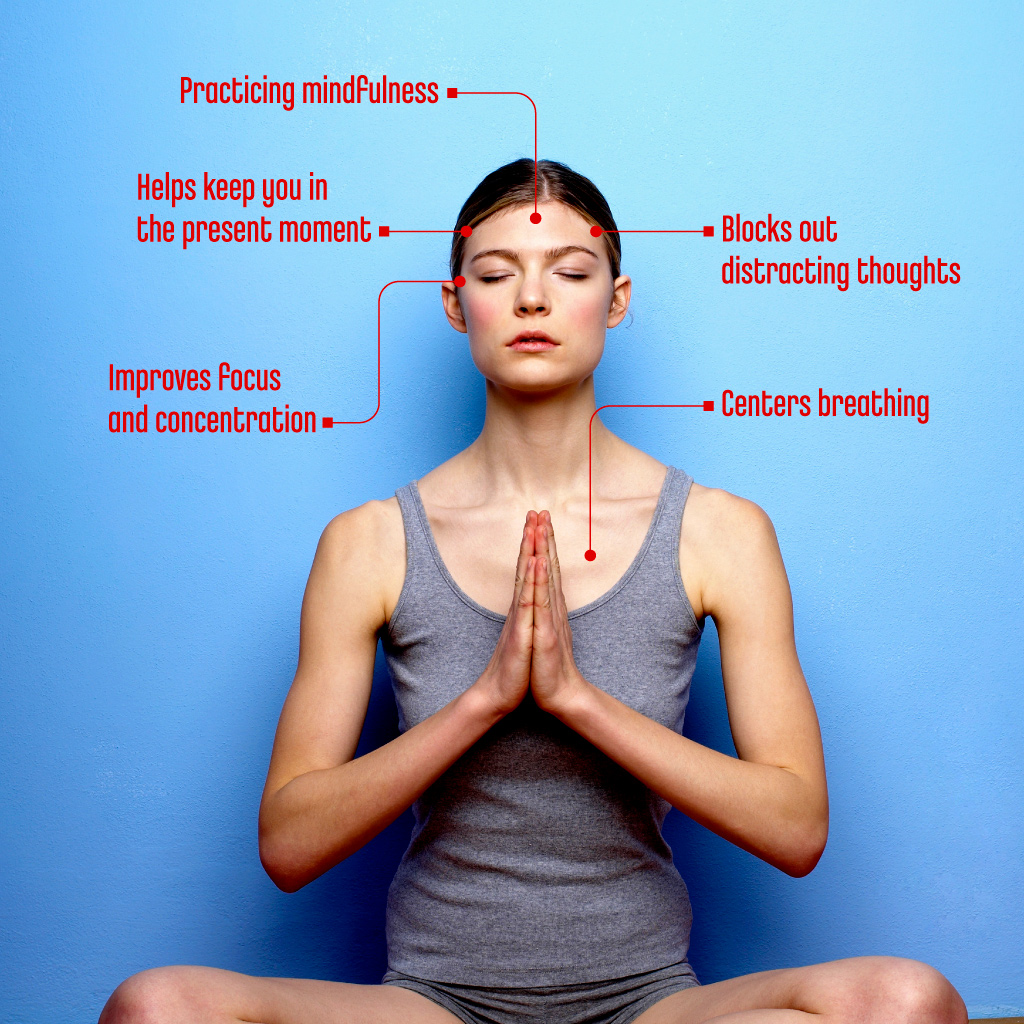
Mindfulness meditation incorporates a physical component that is meant to be your point of focus, like counting (or measuring) your breaths. The idea is to put your attention on these points and to bring your mind back to them when you notice your thoughts wander. It’s a continuing practice that will improve over time, and it can be practiced for a few minutes a day or as needed.
There isn’t a proper way to meditate when it comes to mindfulness so be sure to explore different options and find a style and position that suits you best.

